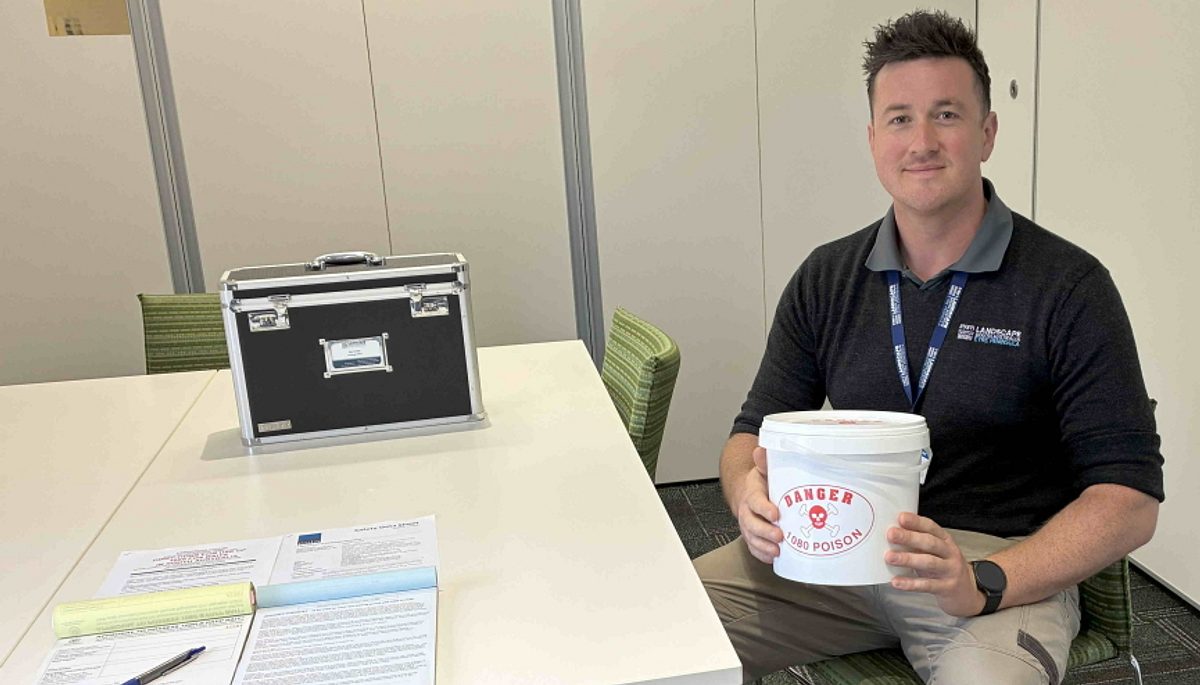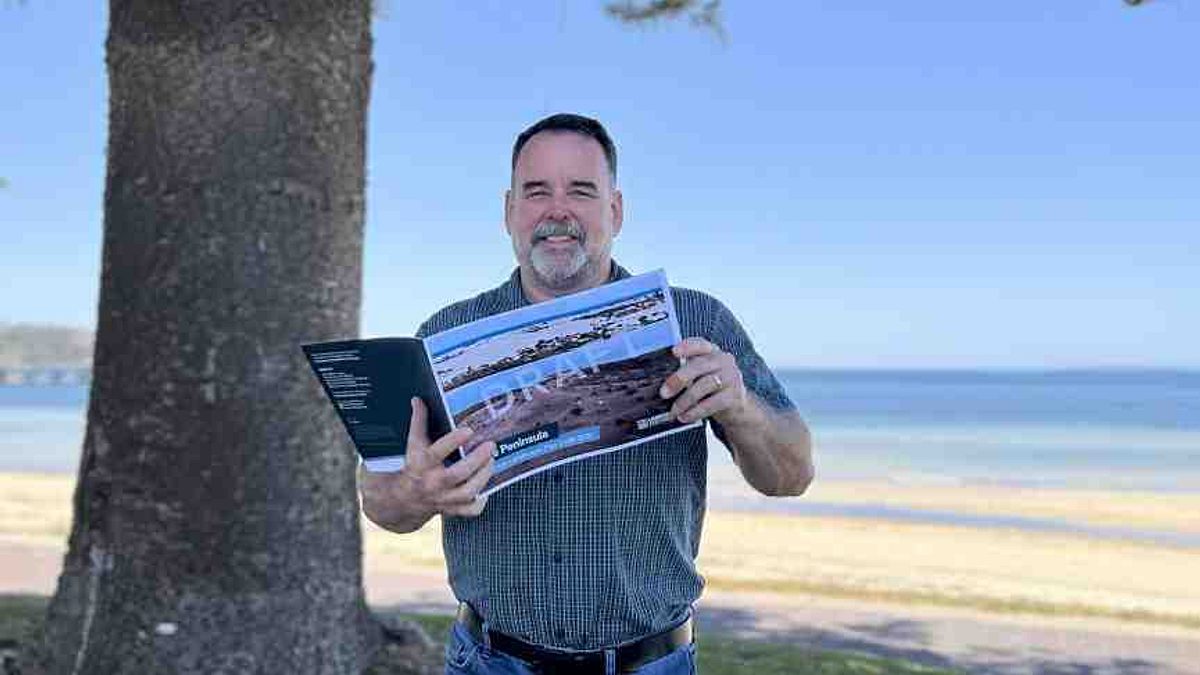Support available for land managers in wake of January’s extreme weather
Help is at hand for land managers recovering from the impacts of high rainfall and flooding across the state’s northern arid lands, Eyre Peninsula and Kangaroo Island, with expert advice available from South Australia’s landscape boards and the Department of Primary Industries and Regions (PIRSA).
Land managers are encouraged to seek support for matters of concern, including livestock health, erosion, weed management, and repair of infrastructure (especially water related).
Under the Landscape South Australia Act 2019, permits are required for water affecting activities such as construction of modifications to waterways, dams and crossing, however there are some exemptions for emergency repairs.
Managers of land that has suffered significant damage to water resources are encouraged to contact their local landscape board for advice.

“Landscape boards can advise and assist those applying for Water Affecting Activity permits that may be required, helping to fast-track the application process,” says Tim Breuer who is leading the response for the Eyre Peninsula Landscape Board.
“While most minor repairs and desilting activities don’t require a water affecting activity permit, major repairs or replacement of dams, drains, levees, watercourse crossing and bridges, and other earthworks or infrastructure near water courses will require a permit.
“The message from all of the landscape boards is that if you’re unsure, or if it also affects your neighbour – seek advice from us.
“We also appreciate that a lot of farmers are focusing on getting this year’s crop in their land that is still viable; and will look at their affected areas once it’s dried out and the crop is secured.”
PIRSA soils and land management officer Mary-Anne Young said her colleague Brett Masters is providing on-property advice to Eyre Peninsula farmers worried about soil erosion.
“In terms of overall paddock losses we’re talking about a few hectares for any one producer, so our message is don’t waste seed or fertiliser on land you’re not sure about – concentrate on your good areas, and make that as productive as you can,” says Mary-Anne.
“That’s where PIRSA can help with a discussion about good ways to manage your areas that haven’t been eroded so you can capitalise on the rainfall.”

Advice about managing stream bank collapse, sedimentation, algae blooms or water quality is also available from landscape boards.
Weed spread is another potential issue and land managers are urged to keep an eye out for new weeds in unexpected places after seeds have been washed into new areas by floodwaters.
Alinytjara Wiluṟara Landscape Board Acting General Manager Gill Peacey said that the board is making changes to its work plans to monitor and manage the spread of buffel grass in priority locations following extensive flooding in the region.
“It’s really important to be vigilant and get on top of any weeds that are spotted,” she said.
“Many of the grassy weeds that are popping up around the regions affected by January’s rain are highly invasive and very hard to control once established.”
Help is available to identify weeds, as well as advice for cost-effective control methods.
If damage incurred is causing financial and/or mental health concerns, or you are just feeling overwhelmed and don’t know where to start, Family and Business (FaB) mentors are available for a chat and advice on next steps.
To see the full range of advice and services available following the 2022 statewide storms follow the link on recovery.sa.gov.au. For information specific to primary producers, see PIRSA's webpage www.pir.sa.gov.au/floods which also includes landscape board information.
Eyre Peninsula landholders can contact us.



